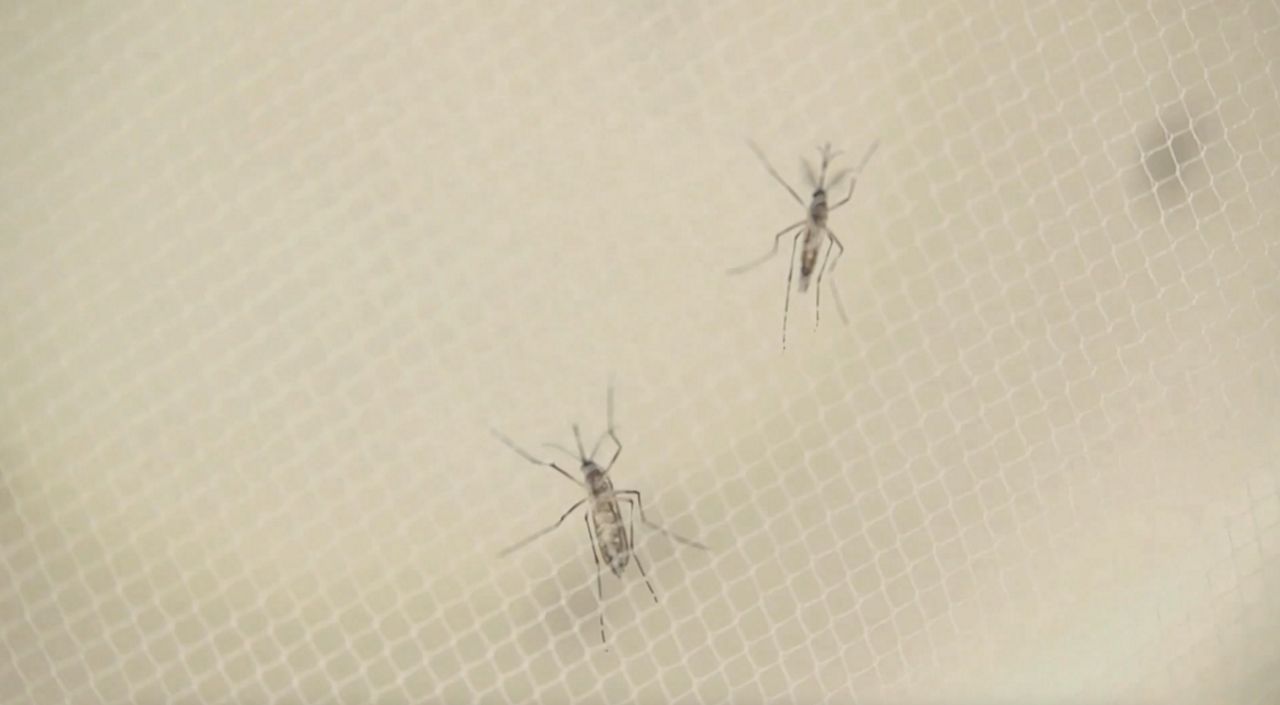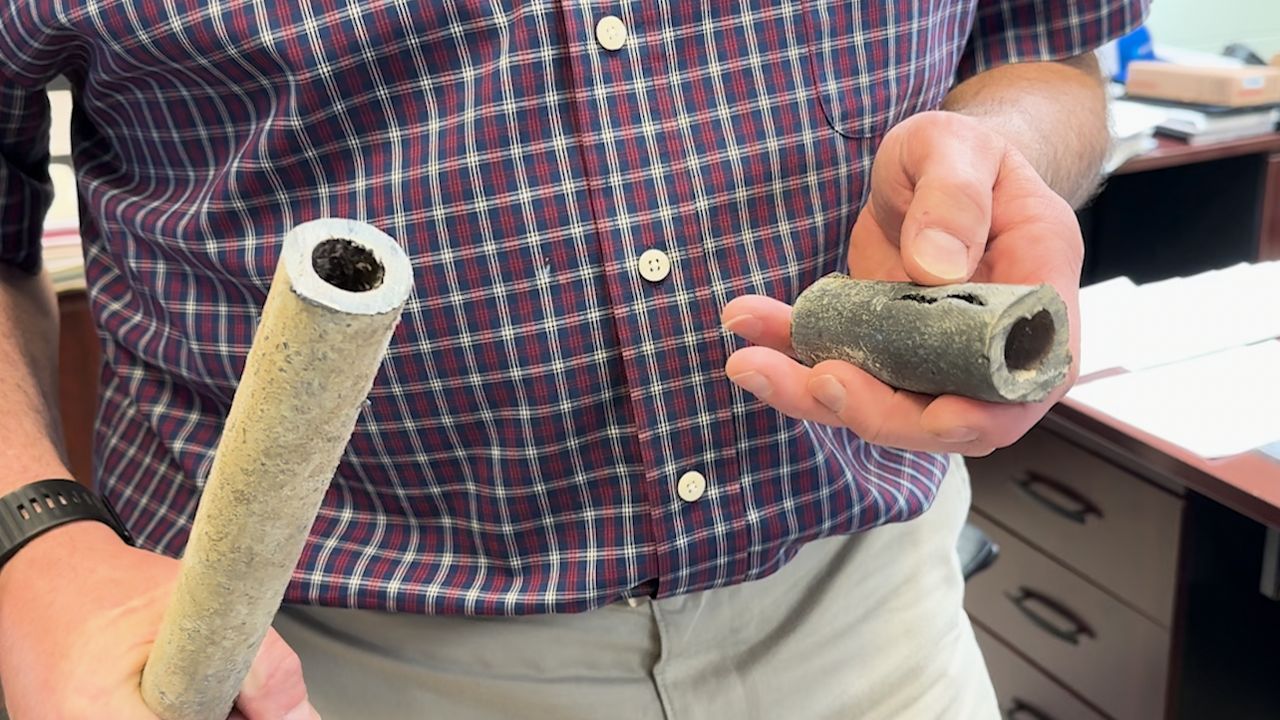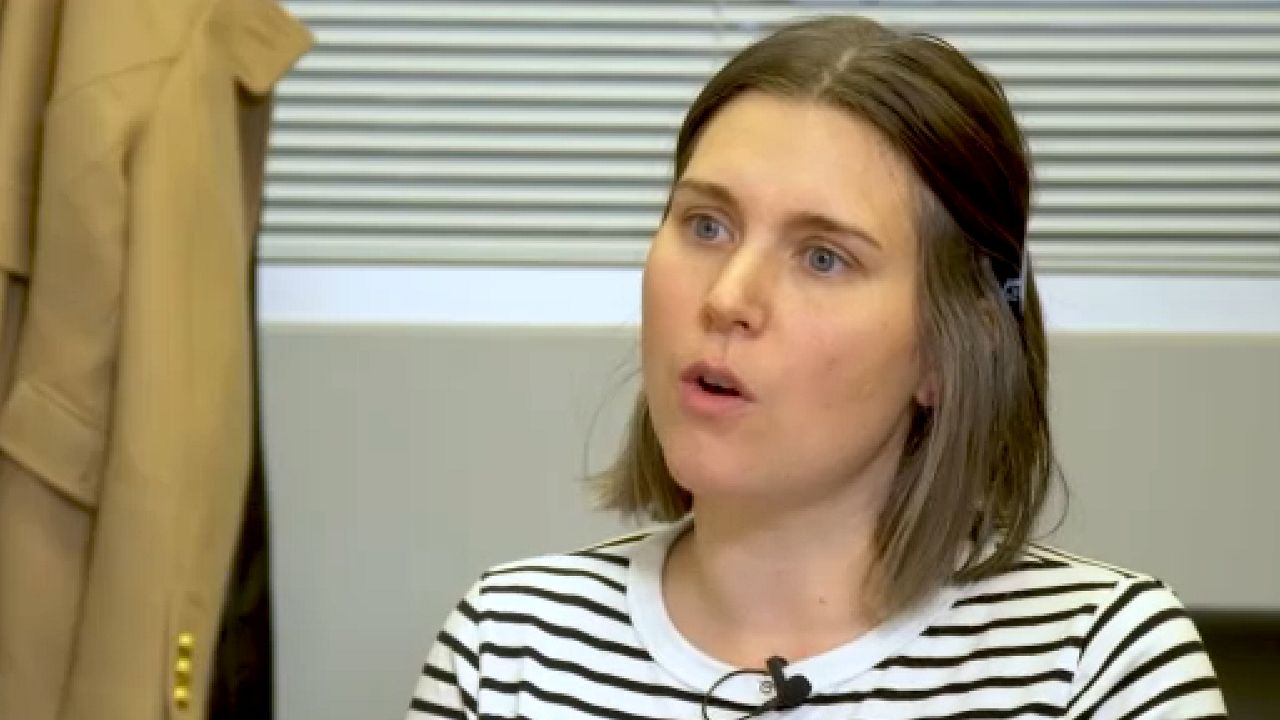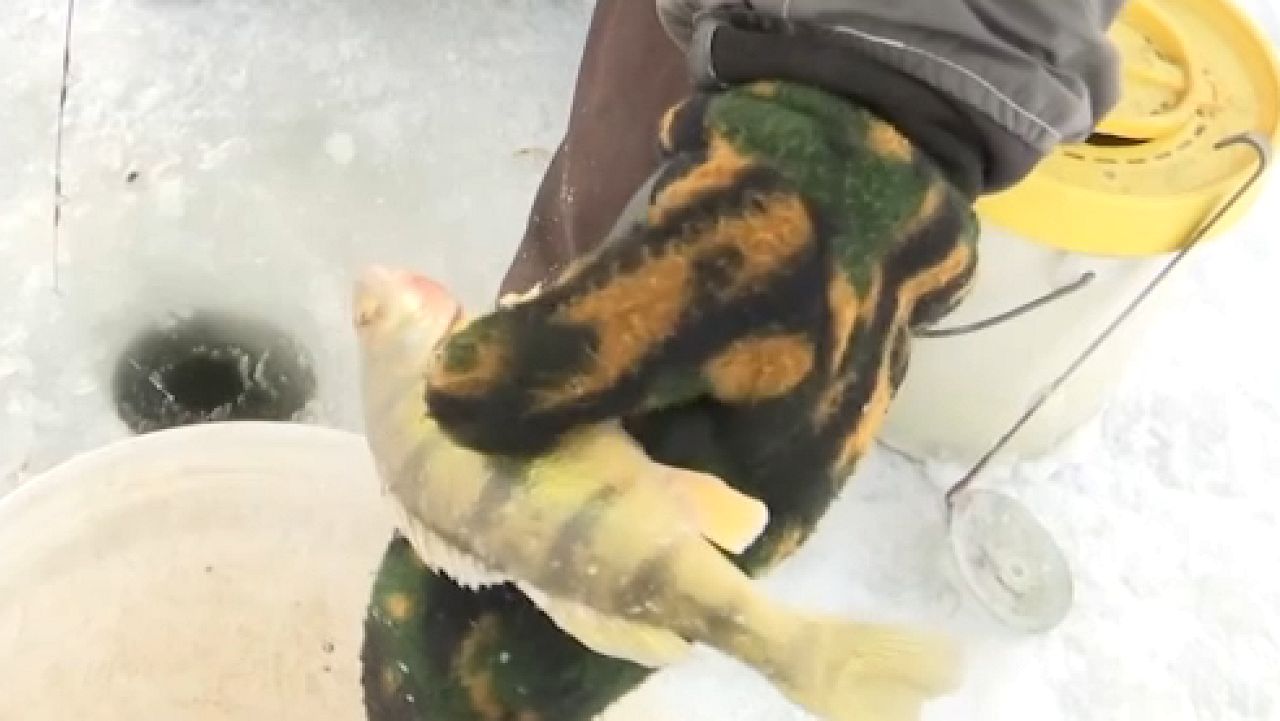Nearly a year after levels of contamination were discovered in the Rensselaer County town of Poestenkill, officials have still not pinpointed the source of the toxic PFAS chemicals, leading to growing frustration among residents and town officials.
“I’ve got the contaminants in my water, and I know what level. I don’t know how long I’ve been drinking it," said Paula Heilmann of Poestenkill. “For me, I know what’s going on. But I’m battling for everybody else, because they don’t know yet, unless they’re right around here.”
Contaminated water was initially detected at Algonquin Middle School, but the source is still unknown.
“Without finding the source, how do we fix the problem?” Heilmann said.
What You Need To Know
-
It’s been nearly a year since contaminated water was detected in Poestenkill
-
PFAS, contaminants known to cause potential health problems, were found in 13 private wells
-
County and state agencies are still working to indentify the source
Seventy-seven wells surrounding the school have been tested, including Heilmann’s, which was one of 13 that contained PFAS, contaminants linked to health problems.
“Just focusing on the school and the area around the school doesn’t seem to be really going after the source,” Heilmann said.
The New York Department of Environmental Conservation (DEC) has been investigating the contamination since January.
“We started around the school because that was our first site of a detection,” DEC Chief of Staff Sean Mahar said.
He said gathering a snapshot of private wells around the school is a critical step in determining the area’s hydrology and finding the source of the PFAS.
“We started to look at some other facilities that residents have told us to look at, including Dynamics Systems and Saint-Gobain, however, they’re miles away from the school,” Mahar said.
Some in the community said the work is not happening fast enough.
“We’re no closer today than we were in January to finding the source,” Town Councilman Eric Wohlleber said.
He said the response from the county and state health departments and DEC has fallen short, and he’s calling on them to expedite additional testing, which is costing some residents more than $300 to complete.
“I’ve now asked them to give out free blood tests because we have several people who are in this area who have had those kind of health concerns you would expect. Folks may have been exposed to contamination like this,” Wohlleber said.
State officials said that they're aware of this, and “DOH is available to discuss the potential utility and limitations of biomonitoring with interested residents and officials.”
Heilman said buying water is a hassle that she is able to afford, but she says others are not as fortunate.
“There many people in town who are choosing, 'Do I buy food or do I buy clean water?'” she said.
Heilmann hopes the source of contamination is located sooner rather than later.
“By just picking and choosing around here, we’re not protecting the citizenry of Poestenkill," she said.









